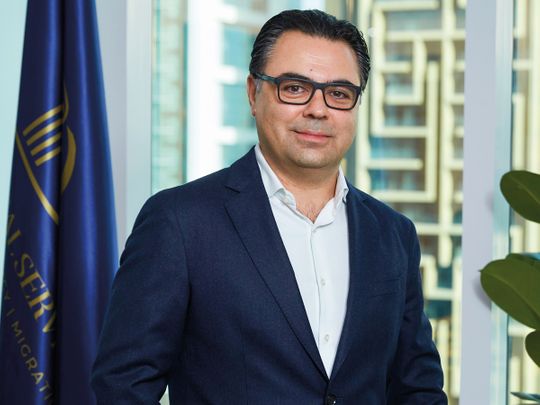
Which countries in your opinion are the rising destinations for investment migration and why?
The new players in this space are Montenegro and North Macedonia. They are not part of the EU yet but it is anticipated that they may join the EU in the near future. These programmes are currently available at an excellent value, considering that they may soon become part of the EU. In my opinion, these are the rising destinations that could easily take over many other established programmes in the space of citizenship by investment. I would recommend North Macedonia, Montenegro and Malta for investment migration at the moment, although Malta offers a bit more expensive programme than others.
Out April 14: Region's 1st web series on immigration
Are there any new restrictions or areas of international policy change that you think people should be aware of before availing any investment migration programmes?
I do not foresee any international policy changes in the near future, but I can foresee some changes at the regional level. For example, Schengen zone will change some of its policies, allowing certain nationalities to invest in second passports. At the national level, countries will continue to change their policies but with regards to citizenship and residency by investment, they are unlikely to introduce any major changes. The only area of friction we see at the moment is between the European parliament and some countries offering residency by investment programmes. This is to ensure the process for granting residency is transparent and devoid of any bias or favouritism. EU wants a greater integration of new citizens and a better selection of investors into the EU family.
What, according to you, are the best ways to obtain second citizenship in the current situation?
This depends on what you want from these programmes and your budget. It’s critical to highlight that Caribbean countries have innovated by allowing applicants to include older children, unmarried siblings, and parents of either spouse. This gives an investor the option to include a much larger number of people in one application compared to countries like the UK, which allows applicants to include children under the age of 18. The definition of an applicant and who can be considered his or her eligible dependants, is central and an investor should consider this factor along with the cost of the programme.


